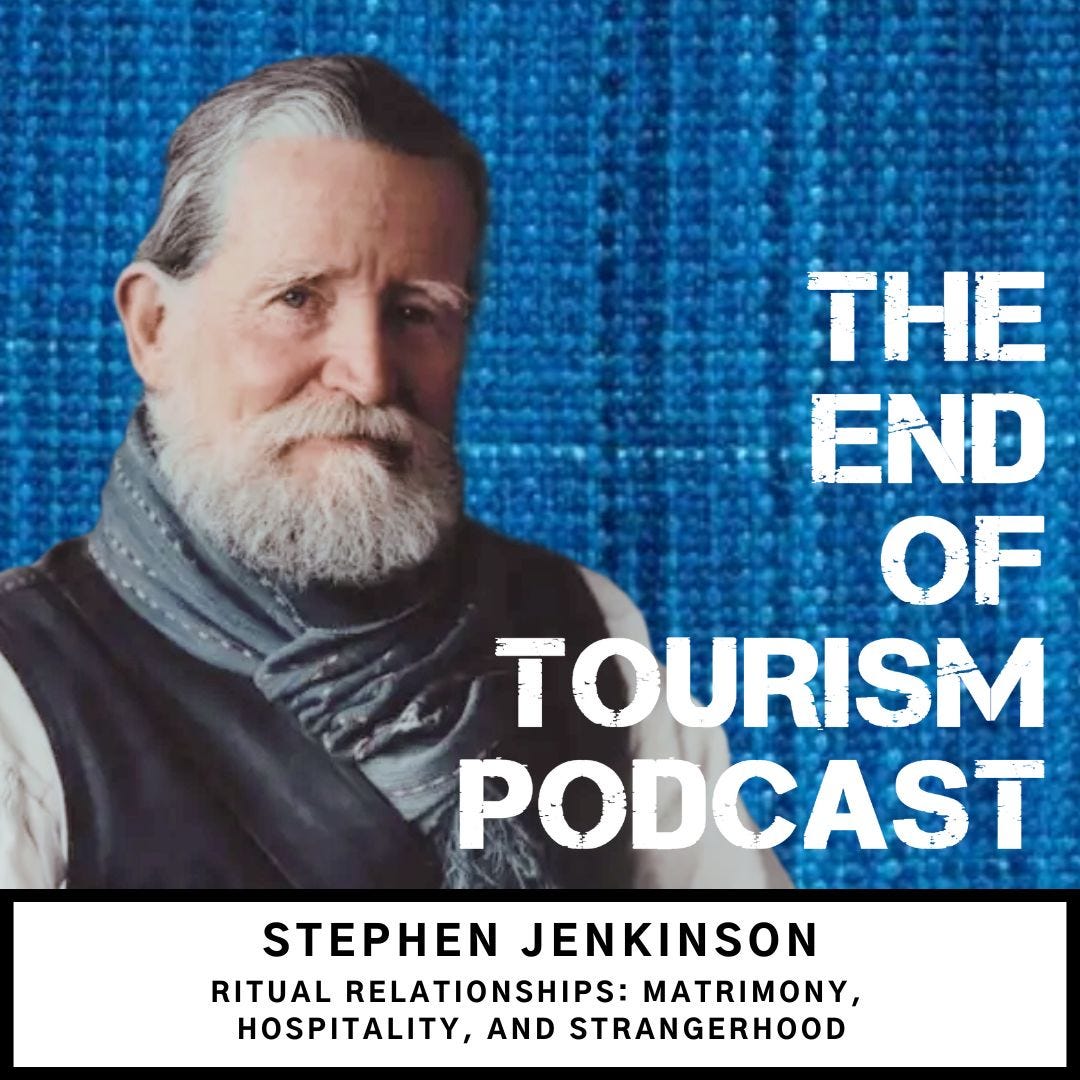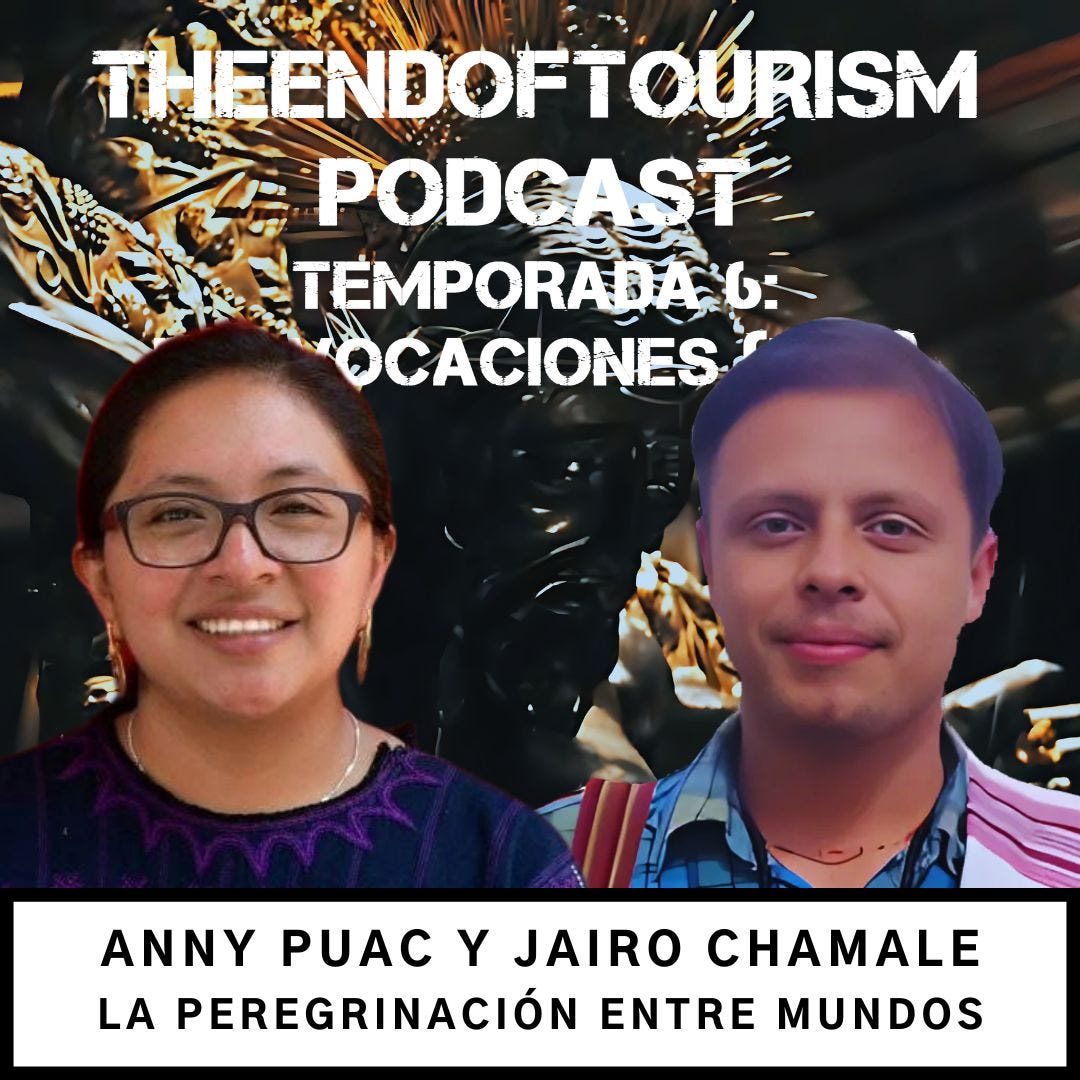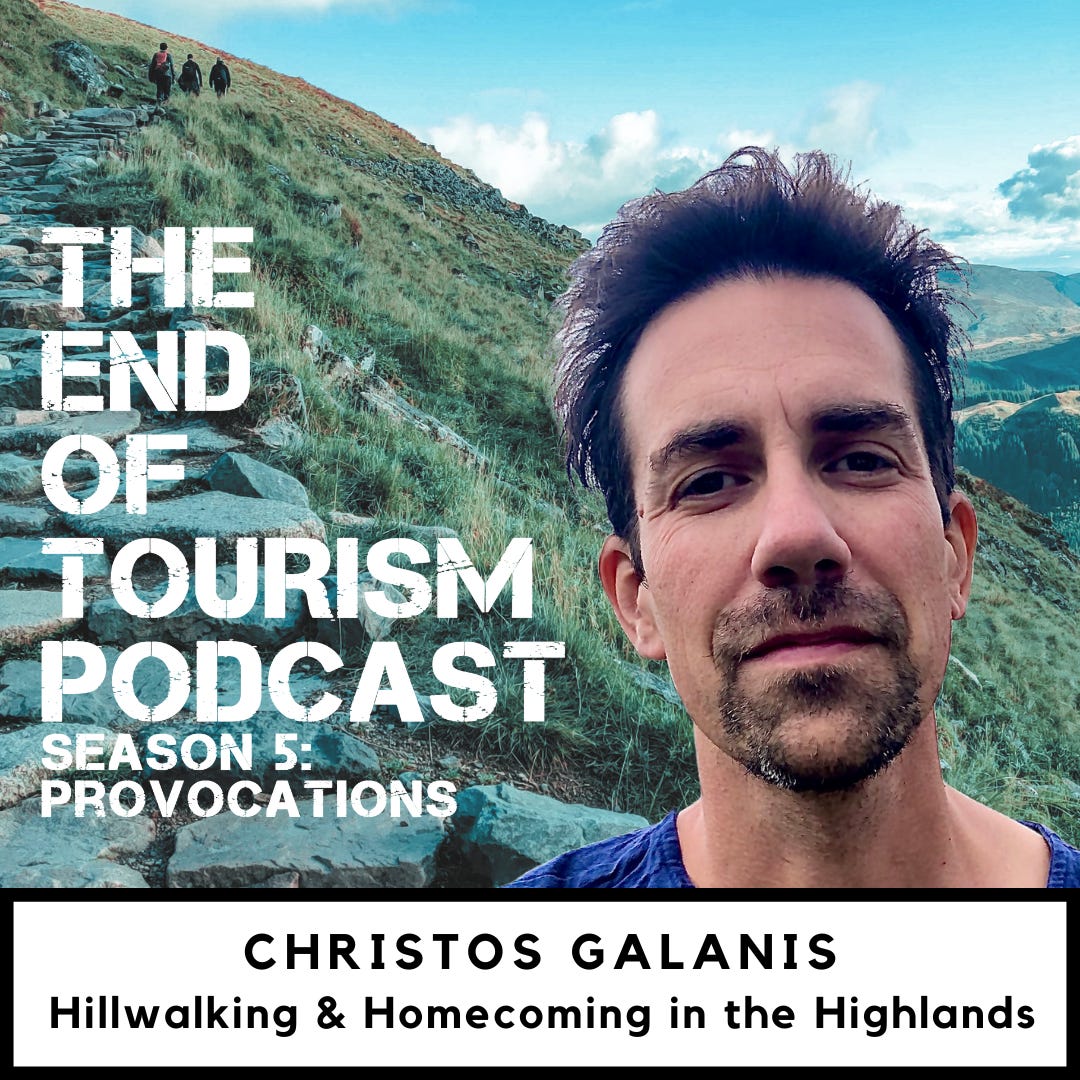S5 #10 | The Samaritan and the Corruption w/ David Cayley (CBC Ideas)
Description
On this episode of the pod, my guest is David Cayley, a Toronto-based Canadian writer and broadcaster. For more than thirty years (1981-2012) he made radio documentaries for CBC Radio One’s program Ideas, which premiered in 1965 under the title The Best Ideas You’ll Hear Tonight.
In 1966, at the age of twenty, Cayley joined the Canadian University Service Overseas (CUSO), one of the many volunteer organizations that sprang up in the 1960’s to promote international development. Two years later, back in Canada, he began to associate with a group of returned volunteers whose experiences had made them, like himself, increasingly quizzical about the idea of development. In 1968 in Chicago, he heard a lecture given by Ivan Illich and in 1970 he and others brought Illich to Toronto for a teach-in called “Crisis in Development.” This was the beginning of their long relationship: eighteen years later Cayley invited Illich to do a series of interviews for CBC Radio’s Ideas.
Cayley is the author of Ivan Illich: An Intellectual Journey (2022), Ideas on the Nature of Science (2009), The Rivers North of the Future: The Testament of Ivan Illich (2004), Puppet Uprising (2003),The Expanding Prison: The Crisis in Crime and Punishment and the Search for Alternatives (1998), George Grant in Conversation (1995), Northrop Frye in Conversation (1992), Ivan Illich in Conversation (1992), and The Age of Ecology (1990).
Show Notes:
The Early Years with Ivan Illich
The Good Samaritan Story
Falling out of a Homeworld
The Corruption of the Best is the Worst (Corruptio Optimi Pessima)
How Hospitality Becomes Hostility
How to Live in Contradiction
Rediscovering the Future
The Pilgrimage of Surprise
Friendship with the Other
Homework:
Ivan Illich: An Intellectual Journey (Penn State Press) - Paperback Now Available!
The Rivers North of the Future (House of Anansi Press)
Ivan Illich | The Corruption of Christianity: Corruptio Optimi Pessima (2000)
Transcript:
Chris: [00:00:00 ] Welcome, David, to the End of Tourism Podcast. It's a pleasure to finally meet you.
David: Likewise. Thank you.
Chris: I'm very grateful to have you joining me today. And I'm curious if you could offer our listeners a little glimpse into where you find yourself today and what the world looks like for you through the lenses of David Cayley.
David: Gray and wet. In Toronto, we've had a mild winter so far, although we did just have some real winter for a couple of weeks. So, I'm at my desk in my house in downtown Toronto. Hmm.
Chris: Hmm. Thank you so much for joining us, David. You know, I came to your work quite long ago.
First through the book, The Rivers North of the Future, The Testament of Ivan Illich. And then through your long standing tenure as the host of CBC Ideas in Canada. I've also just finished reading your newest book, Ivan Illich, An Intellectual Journey. For me, which has been a clear and comprehensive homage [00:01:00 ] to that man's work.
And so, from what I understand from the reading, you were a friend of Illich's as well as the late Gustavo Esteva, a mutual friend of ours, who I interviewed for the podcast shortly before his death in 2021. Now, since friendship is one of the themes I'd like to approach with you today, I'm wondering if you could tell us about how you met these men and what led you to writing a biography of the former, of Ivan.
David: Well, let me answer about Ivan first. I met him as a very young man. I had spent two years living in northern Borneo, eastern Malaysia, the Malaysian state of Sarawak. As part of an organization called the Canadian University Service Overseas, which many people recognize only when it's identified with the Peace Corps. It was a similar initiative or the VSO, very much of the time.
And When I returned to [00:02:00 ] Toronto in 1968, one of the first things I saw was an essay of Ivan's. It usually circulates under the name he never gave it, which is, "To Hell With Good Intentions." A talk he had given in Chicago to some young volunteers in a Catholic organization bound for Mexico.
And it made sense to me in a radical and surprising way. So, I would say it began there. I went to CDOC the following year. The year after that we brought Ivan to Toronto for a teach in, in the fashion of the time, and he was then an immense celebrity, so we turned people away from a 600 seat theater that night when he lectured in Toronto.
I kept in touch subsequently through reading mainly and we didn't meet again until the later 1980s when he came to Toronto.[00:03:00 ]
He was then working on, in the history of literacy, had just published a book called ABC: the Alphabetization of the Western Mind. And that's where we became more closely connected. I went later that year to State College, Pennsylvania, where he was teaching at Penn State, and recorded a long interview, radically long.
And made a five-hour Ideas series, but by a happy chance, I had not thought of this, his friend Lee Hoinacki asked for the raw tapes, transcribed them, and eventually that became a published book. And marked an epoch in Ivan's reception, as well as in my life because a lot of people responded to the spoken or transcribed Illich in a way that they didn't seem to be able to respond to his writing, which was scholastically condensed, let's [00:04:00 ] say.
I always found it extremely congenial and I would even say witty in the deep sense of wit. But I think a lot of people, you know, found it hard and so the spoken Illich... people came to him, even old friends and said, you know, "we understand you better now." So, the following year he came to Toronto and stayed with us and, you know, a friendship blossomed and also a funny relationship where I kept trying to get him to express himself more on the theme of the book you mentioned, The Rivers North of the Future, which is his feeling that modernity, in the big sense of modernity can be best understood as perversionism. A word that he used, because he liked strong words, but it can be a frightening word.
"Corruption" also has its difficulties, [00:05:00 ] but sometimes he said "a turning inside out," which I like very much, or "a turning upside down" of the gospel. So, when the world has its way with the life, death and resurrection and teaching of Jesus Christ which inevitably becomes an institution when the world has its way with that.
The way leads to where we are. That was his radical thought. And a novel thought, according to the philosopher Charles Taylor, a Canadian philosopher, who was kind enough to write a preface to that book when it was published, and I think very much aided its reception, because people knew who Charles Taylor was, and by then, they had kind of forgotten who Ivan Illich was.
To give an example of that, when he died, the New York [00:06:00 ] Times obituary was headlined "Priest turned philosopher appealed to baby boomers in the 60s." This is yesterday's man, in other words, right? This is somebody who used to be important. So, I just kept at him about it, and eventually it became clear he was never going to write that book for a whole variety of reasons, which I won't go into now.
But he did allow me to come to Cuernavaca, where he was living, and to do another very long set of interviews, which produced that book, The Rivers North of the Future. So that's the history in brief. The very last part of that story is that The Rivers North of the Future and the radio series that it was based on identifies themes that I find to be quite explosive. And so, in a certain way, the book you mentioned, Ivan Illich: An Intellectual Journey, [00:07:00 ] was destined from the moment that I recorded those conversations.
Chris: Hmm, yeah, thank you, David. So much of what you said right there ends up being the basis for most of my questions today, especially around the corruption or the perversion what perhaps iatrogenesis also termed as iatrogenesis But much of what I've also come to ask today, stems and revolves around Illich's reading of the Good Samaritan story, so I'd like to start there, if that's alright.
And you know, for our listeners who aren't familiar either with the story or Illich's take on it, I've gathered some small excerpts from An Intellectual Journey so that they might be on the same page, so to speak.
So, from Ivan Illich, An Intellectual Journey:
"jesus tells the story after he has been asked how to, quote, 'inherit eternal life,' end quote, and has replied that one must love God and one's neighbor, [00:08:00 ] quote, 'as oneself,' but, quote, who is my neighbor? His interlocutor wants to know. Jesus answers with his tale of a man on his way from Jerusalem to Jericho, who is beset by robbers, beaten, and left, quote, 'half dead' by the side of the road.
Two men happen along, but, quote, 'pass by on the other side.' One is a priest and the other a Levite, a group that assisted the priests at the Great Temple, which, at that time, dominated the landscape of Jerusalem from the Temple Mount. Then, a Samaritan comes along. Th
























